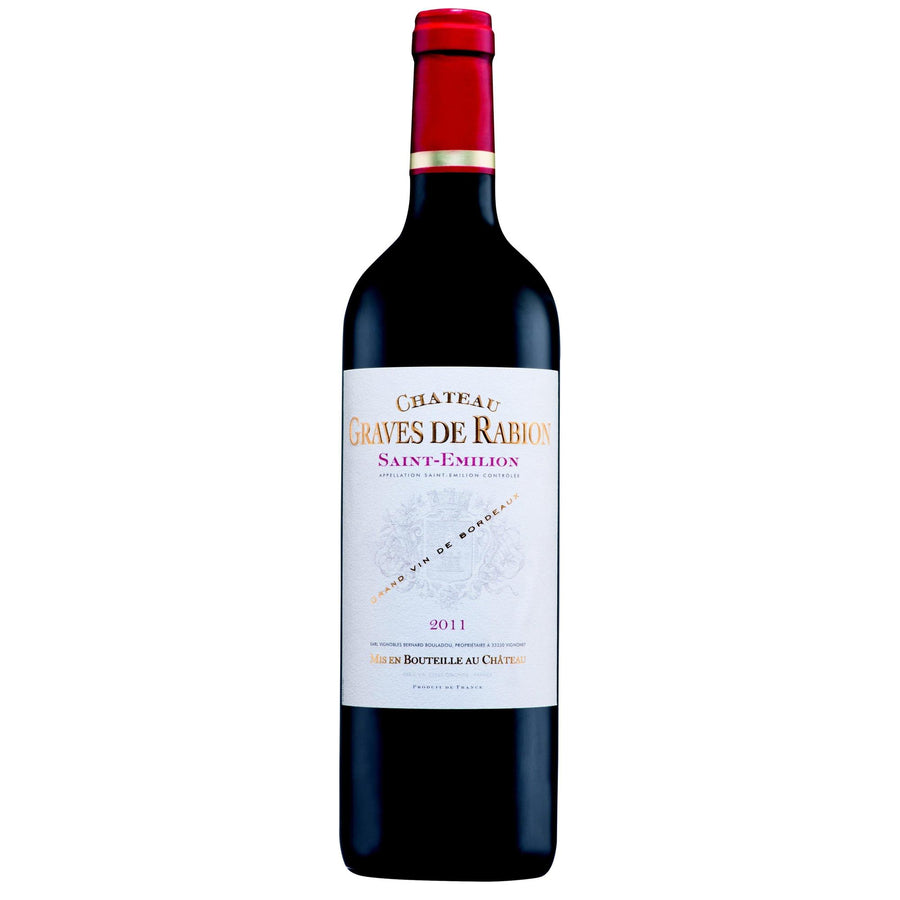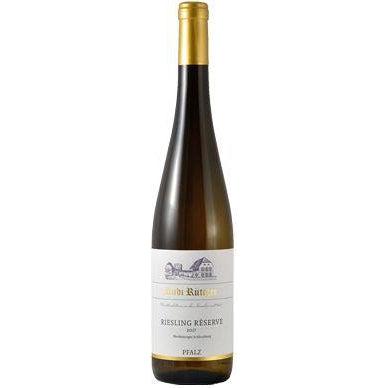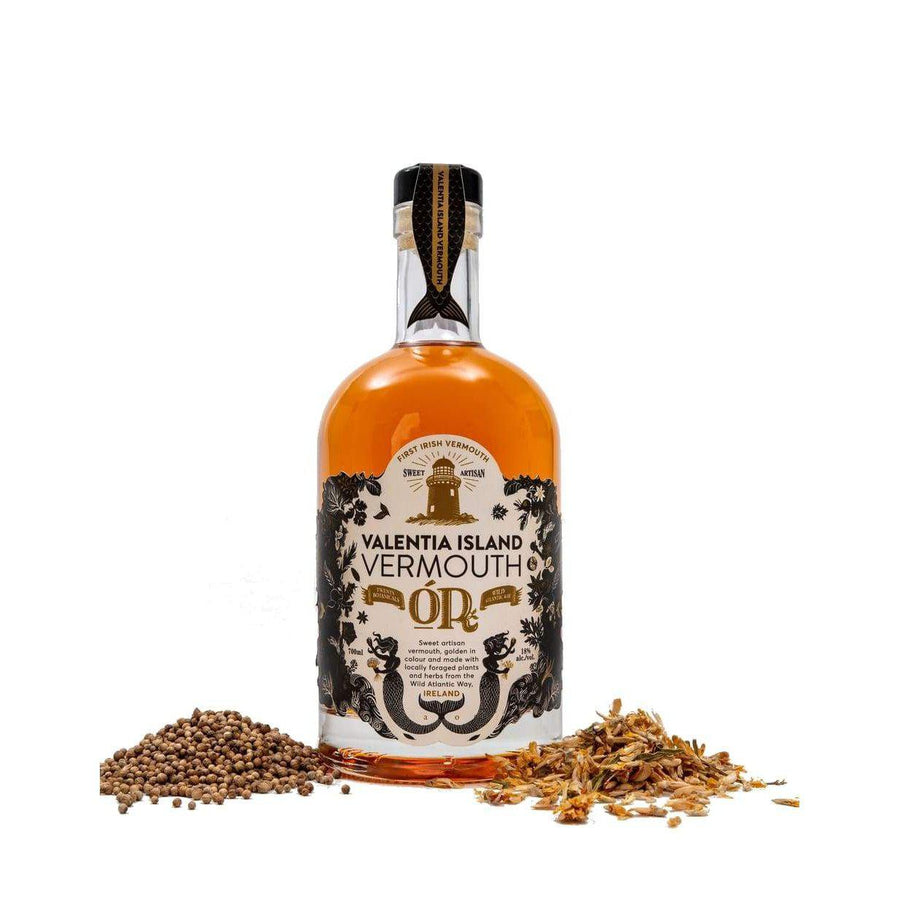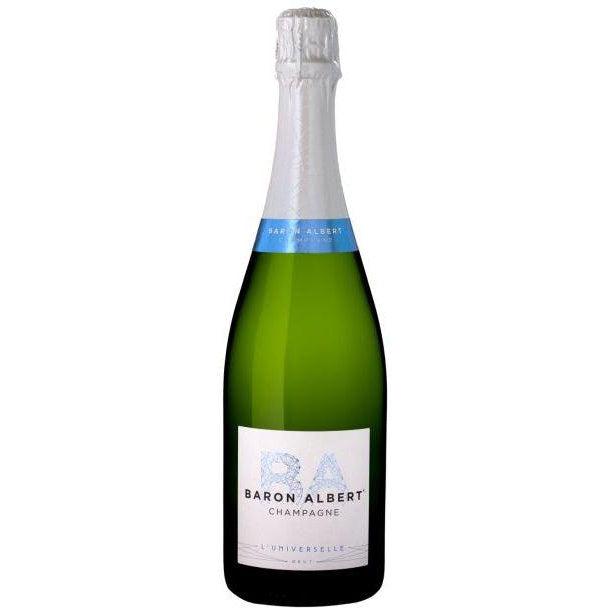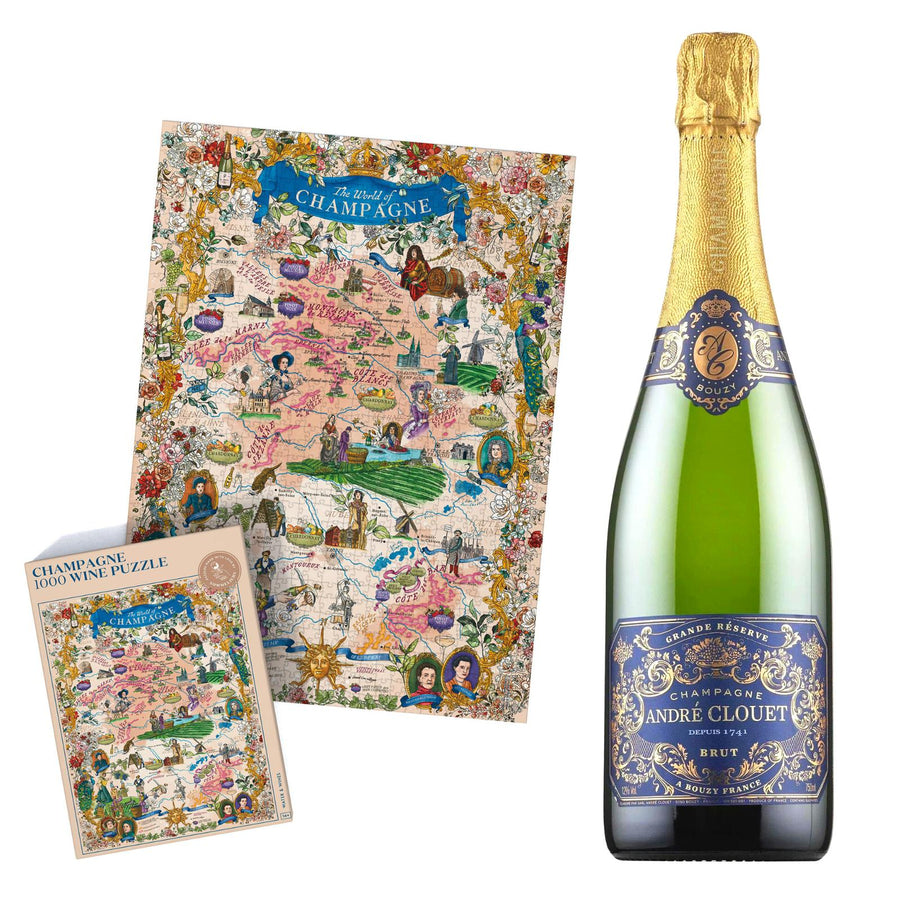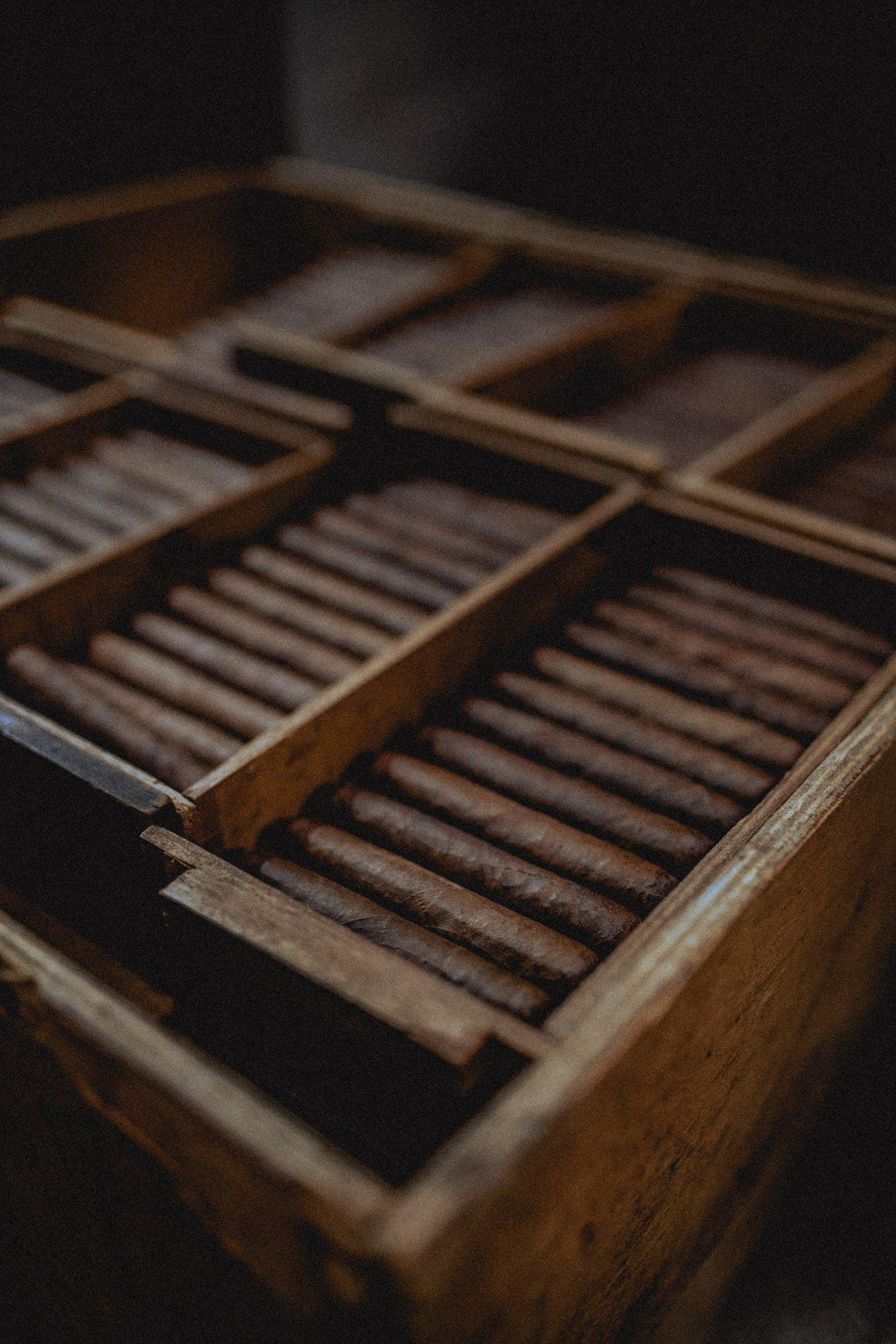Fortify your cooking with Marsala
There are three categories according to how the wine is made: tawny - ambra; golden - oro; and ruby - rubino
The sweetness of the wine varies from dry - secco through medium - semisecco to sweet - dolce
and the wines are distinguished by age, too, in increasing order: fine - superiore - superiore riserva - vergine/soleras - vergine stravecchio o riserva
What does it taste like? Very roughly speaking, its range of styles is comparable to sherry. That's the sort of taste you should have in mind: a strong wine with powerful, complex aromas and rich, dried-fruit flavours. For sipping and contemplation, or as an appetizer, or as a very versatile ingredient in cookery. In cookery? That's how most people have heard of Marsala: as a spoonful here or there in a recipe book. The sweet styles are perfect for zabaglione and tiramisu, or for 'feeding' Christmas cakes and puddings. The dry version is a real wonder ingredient. Fry some chicken, pork chops or slices of pork fillet, then deglaze the pan with a glass of dry Marsala and reduce it a little: and you have a meal. Add a glass to a beef stew to deepen its savoury richness - or give any gravy a real moreish lift (this can be especially useful if what you're gravying didn't quite turn out as planned). There's no reason not to use the dry wine in desserts, either, because you can always adjust for sweetness with sugar. There's a bottle of the dry fine in my kitchen most of the time.

